By James Ume
In 2016 when President Muhammadu Buhari appointed Dr. Maikanti Baru as the Group Managing Director of the Nigerian National Petroleum Corporation, NNPC, the state-owned oil giant was reeling under the crushing burden of vast corruption. With a tarnished reputation for sleaze, the prognosis was at best abysmal.
It was under this pall of systemic corruption and internal decay that Baru came to the helm of affairs of the fledgling oil giant. From the onset, Baru”s job was indeed cut out for him: to cleanse the Augean stable and restore a modicum of sanity and transparency in the affairs of the oil giant. Discerning major players within the oil sector conversant with the unimpeachable credentials of Baru were satisfied that he was the right man for the job.
Immediately he took over from Ibe Kachikwu, the Minister of State for Petroleum Resources who also doubled as the Group Managing Director of the Corporation, he unveiled a 16-point agenda aimed at restructuring the oil giant. The 16-point agenda included the implementation of policy frameworks that would entrench accountability and the culture of professionalism, pursue diversification of businesses by refocusing on the implementation of renewable energy programmes and frontier exploration services and the creation of an all-inclusive internal advisory council on security comprising representatives from NNPC, the international oil companies, the Petroleum and National Gas Senior Staff Association and National Union of Petroleum and Natural Gas Workers etc. His 16-point agenda was no fluke as he set out to work with single-minded dedication, clinical efficiency and an unwavering passion to turn things around.
One year after he took over at the helm of affairs at NNPC, Baru reflected on some of the achievements of his leadership. Under his guidance and leadership, the company was able to lower its production/operation costs from $27 per barrel to $22. As a result of his astute management and robust engagements, the Corporation secured over $2 billion discounts from renegotiated upstream contracts with its joint venture partners as part of its cost-cutting efforts in the execution of projects during this period. Baru also directed all the Corporation’s autonomous business units, ABUs and Corporate Services Units, CSUs, to focus on efficiency in order to realise the key performance indicators in the 2017 budget.
As a result of Baru’s leadership, there were significant increases in crude oil reserves and production with the national daily production at 1.83 million barrels of oil and condensate, or average production hovering around 1.88 million barrels. The return of relative peace in the Niger Delta led to the resumption of production on the Forcados Oil Terminal, FOT and Qua Iboe Terminal, QIT, pipelines. This led to growth of average national production to 2.2 million barrels of oil and condensate per day.
As at June, 2017, the daily production capacity of the Nigerian Petroleum Development Company, NPDC, grew from 15, 000 barrels to 210,000 barrels. NNPC under his guidance also completed repairs on vandalized 20-inch Escravos Lagos pipeline system A in August 2016 thus increasing Chevron Escravos. Gas plans supply from zero to 259 million standard cubic feet per day. The corporation under Baru’s leadership also repaired the 48-inch Farcados Oil Terminal, FOT, export gas pipeline in June 2017 which was used to restore gas supply to Oredo Gas plant, Sapele Gas Plant, Ovader Gas Plant, Oben and Nac Gas Compressors and the NPDC’s Utorogu non associated gas, NAGs and Oredo EPF 2 gas plants. Baru was also determined to revolutionize the operations of the corporation. And in line with global trends in the workplace, he unveiled a bold and broad vision to transform the operations of the company into paperless and digital form. By mid 2018,he set up two committees to oversee this process. These include the Systems Applications and Products ,SAP, Steering Committee and The Group Process Council,GPC.
Baru’s stellar performance at the helm of NNPC continued into 2018 with focus, determination and unrelenting pace. With the achievements of the corporation under his guidance, Baru was confident that his vision of ensuring the transition of NNPC from an integrated oil and gas company to an energy company was feasible. His unwavering vision for the corporation was to make the company globally competitive. He was clear on his determination to review the business models of the corporation to reflect present operations reality anchored on improved profitability, transparency and accountability.
Under his stewardship, the corporation sustained production level from the nation’s assets to above average of two million barrels per day in 2018. The state oil giant also maintained a commitment to repayment of cash calls arrears with about $ 1 Billion dollars settled. The corporation also kicked off the 614 km Ajaokuta Kaduna-Kano (AKK) pipeline project whose completion will deliver gas to the ongoing Abuja, Kaduna and Kano power plants with the potential to generate additional 3, 600mw to the national grid.











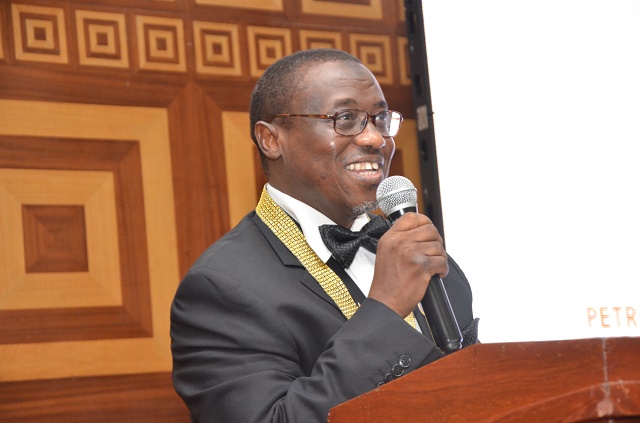

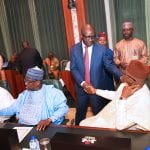
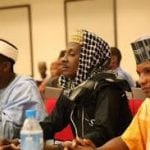






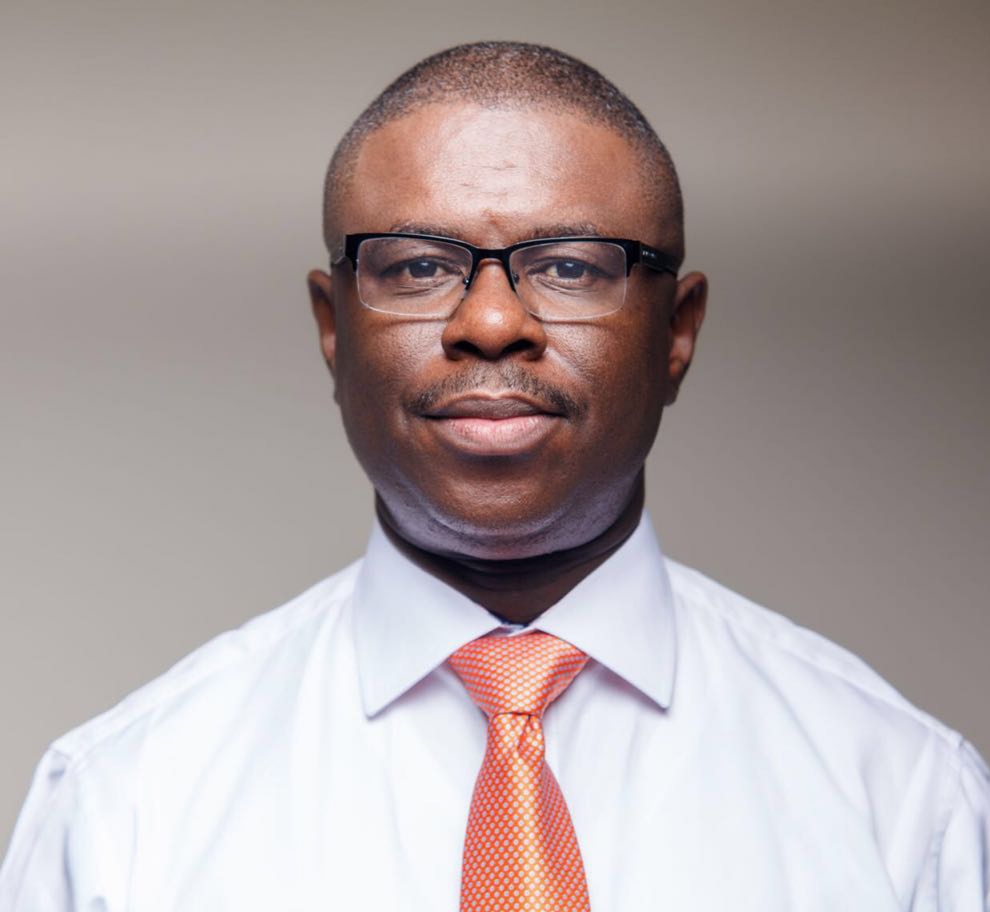

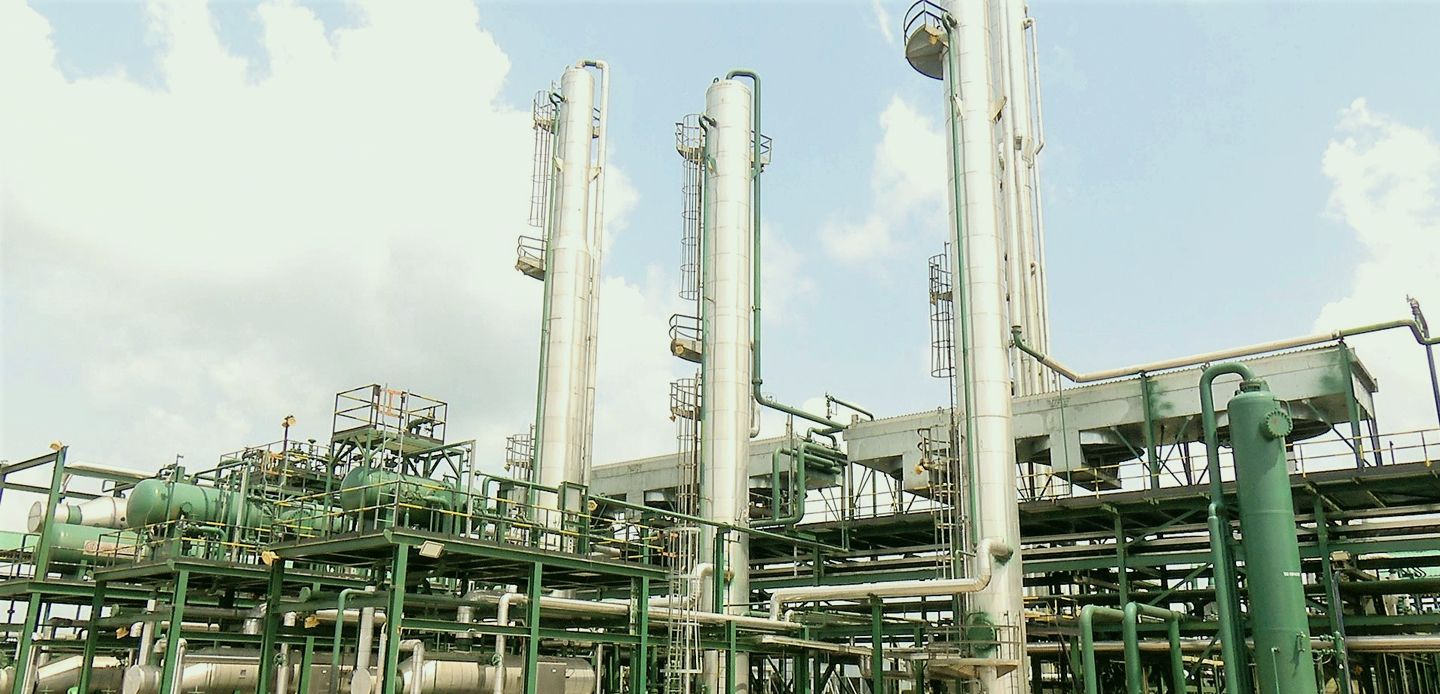
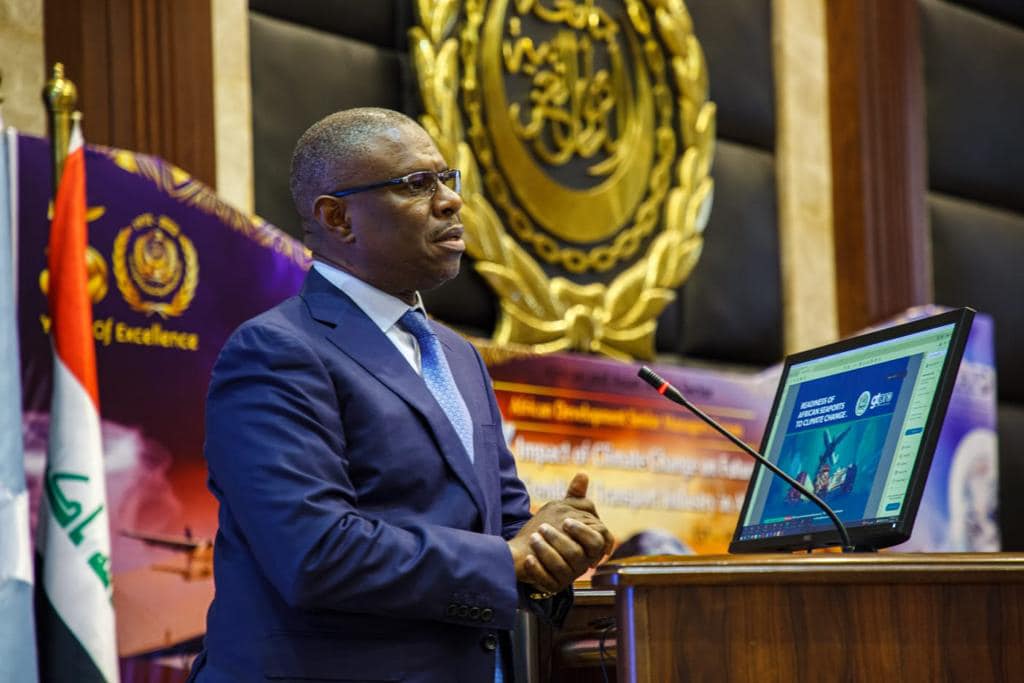

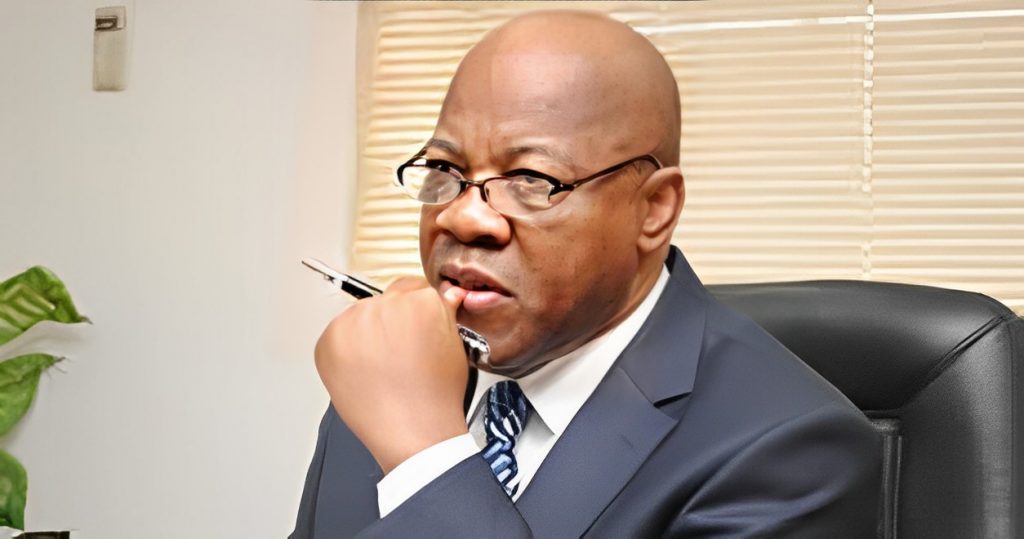
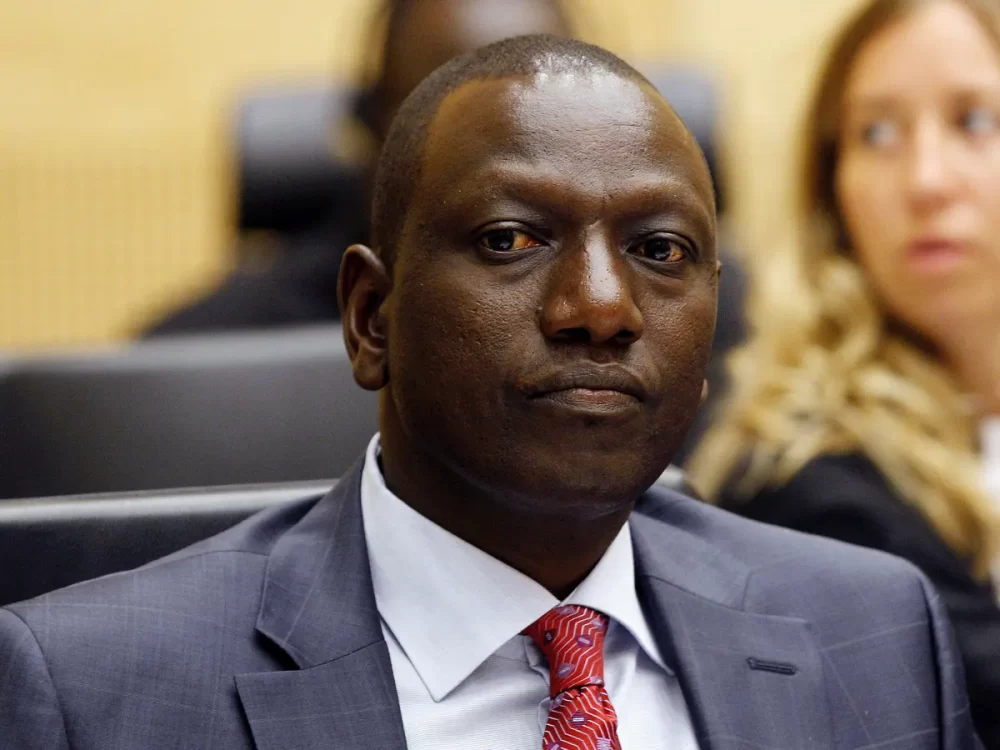
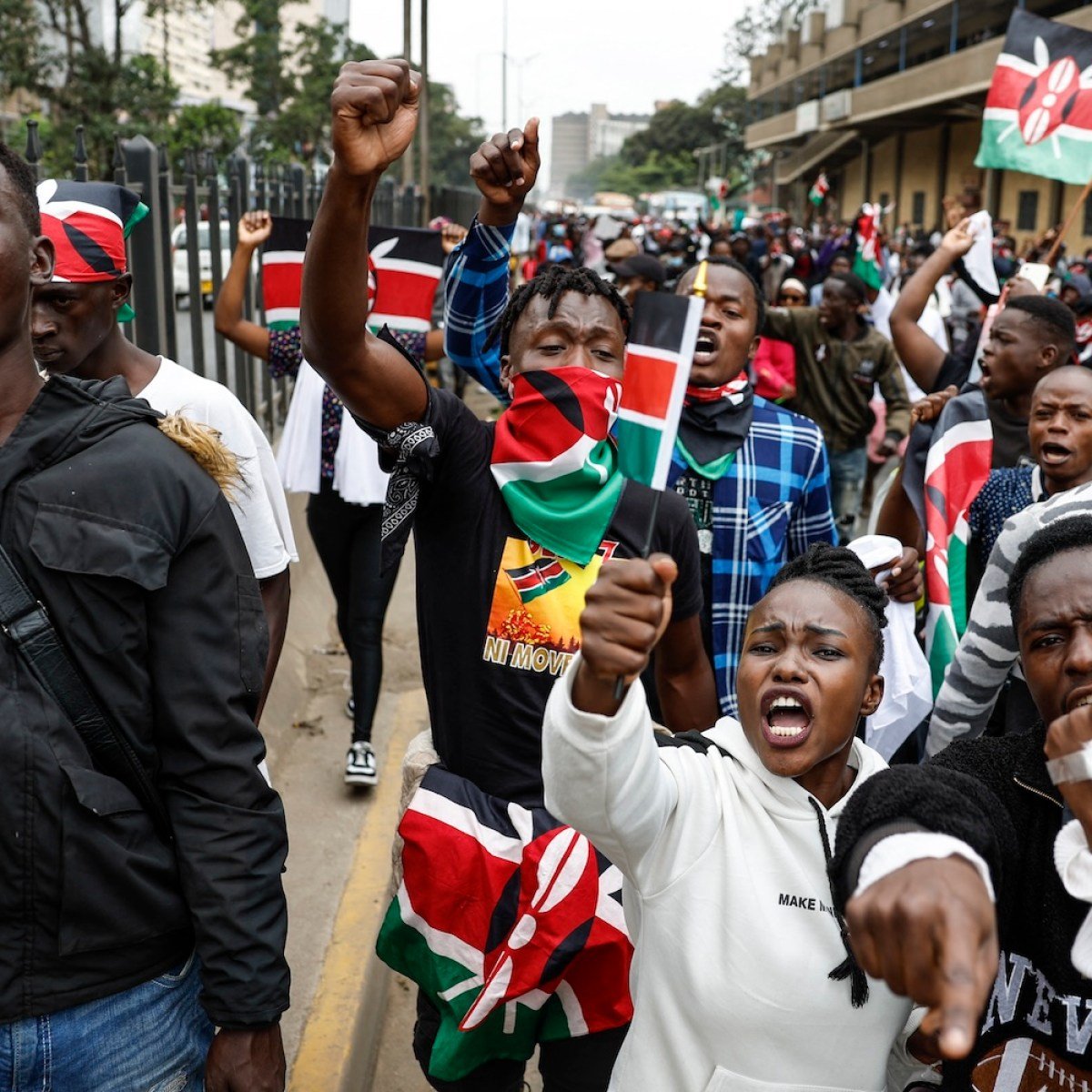


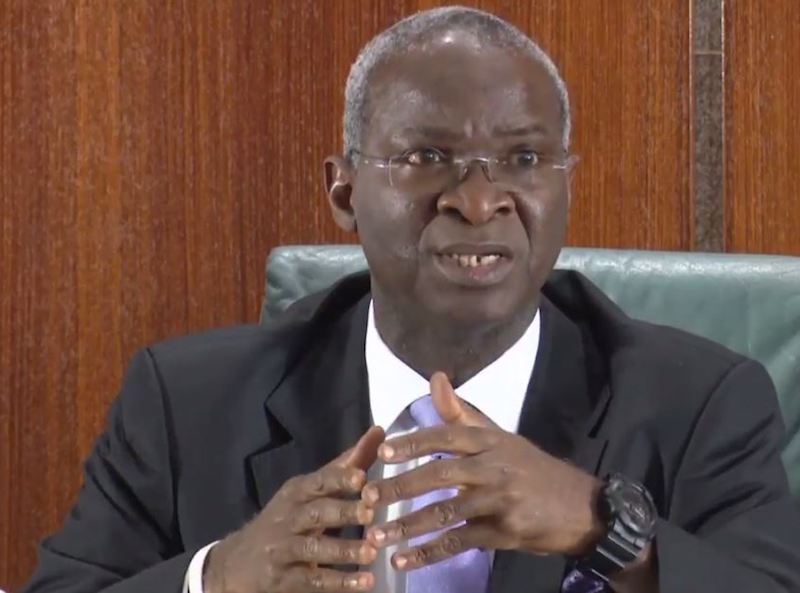
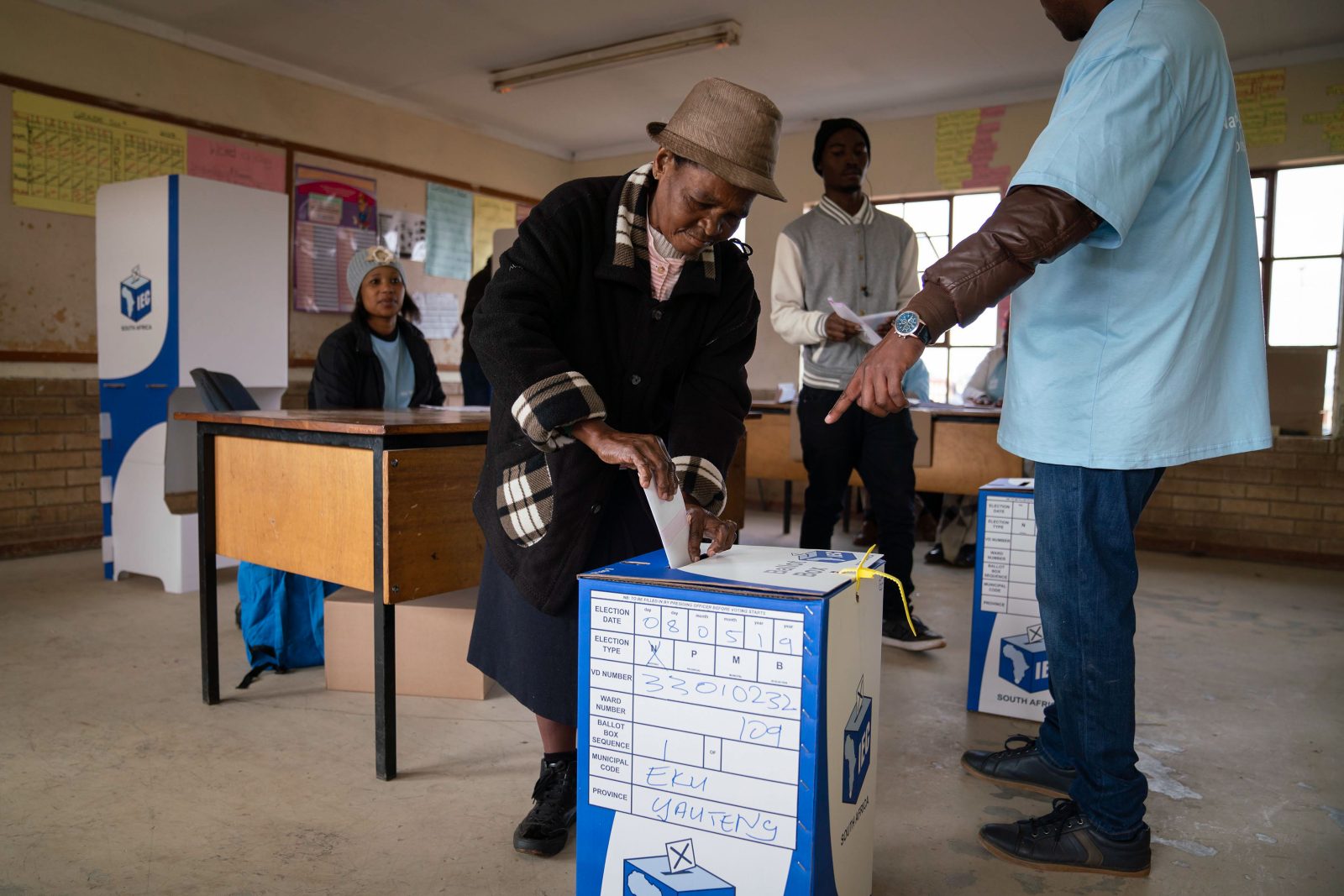

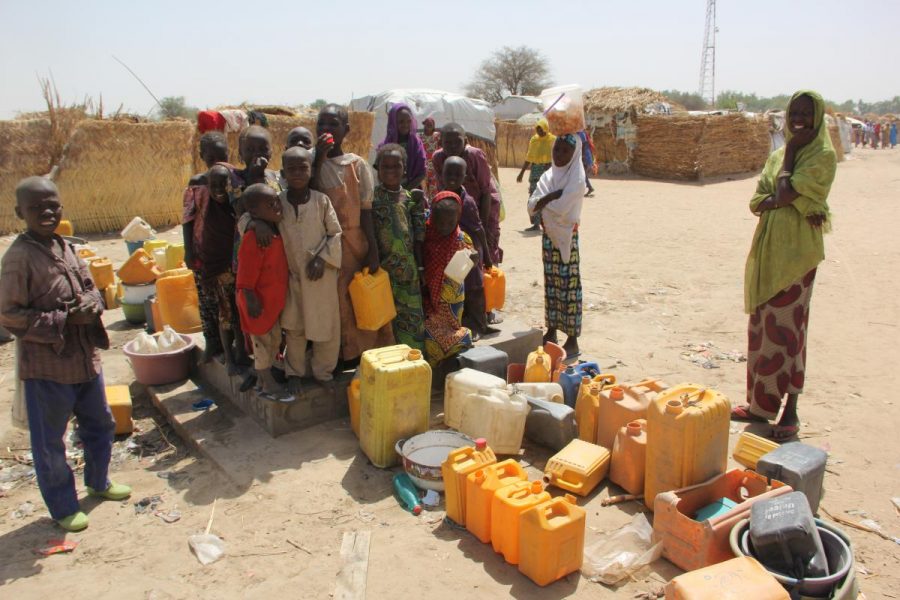
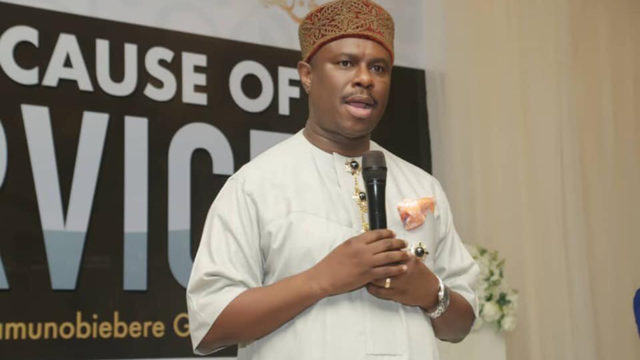
Leave a comment